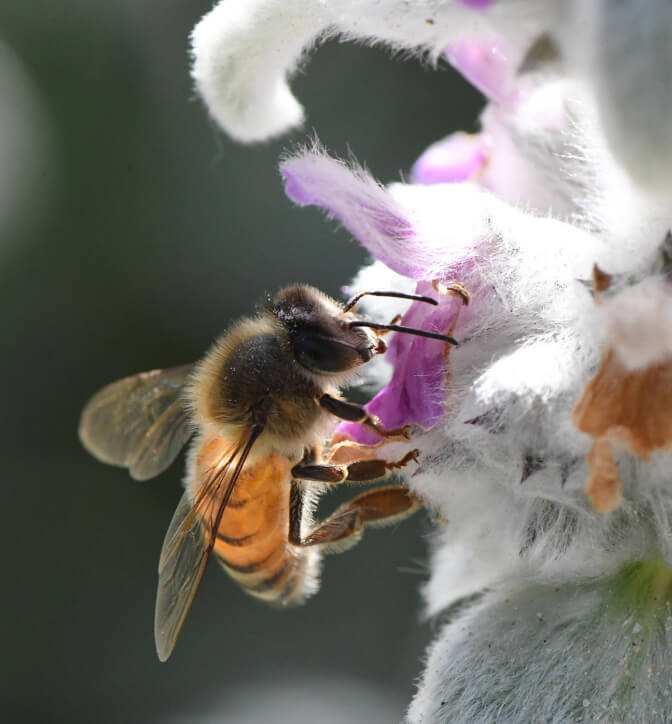Portland, OR – Agriculture Capital (AC) has released its fifth annual Impact Report, measuring the positive impact of its regenerative management practices on the environment and the community. In addition to a focus on financial returns, Agriculture Capital is a leader in the quantification of food system impact and the integration of those measures into investment and management practices. Agriculture Capital invests in vertically integrated permanent crop operations that span over 20,000 acres of citrus, blueberries, table grapes, and hazelnuts in California, Oregon, Washington, and Australia.
The report references the unique context of 2020, including the COVID-19 pandemic, continued climate pressure as seen through record temperatures and wildfires in the US West and Australia, and growing movements for social justice. In this challenging year, Agriculture Capital established coordinated risk assessment and oversight, including best practices to secure the health and safety of AC teams, ensure business continuity, provide service to customers in the context of significant supply chain disruptions, and mitigate ongoing environmental, social, and governance risks. This collaboration has been key to the organization’s successes in 2020, fully outlined in the report.
In 2020, Agriculture Capital businesses made meaningful progress and were more productive, growing and selling more healthy, organic, and responsibly produced food, sequestering more atmospheric carbon, producing more food per drop of water, and sustaining more wild pollinator vitality, as measured over the past five years of reports. The results in the 2020 report challenge the false assumption that sustainability and optimal yield work at cross purposes by demonstrating the benefits of regenerative practices on performance.
Significant reduction in energy and water use
- Since 2018, energy use decreased per pound of crop produced by 37% for citrus and 46% for blueberries.
- Over 2.8 billion gallons of water are being conserved across AC businesses each year, the same as the annual use of about 36,000 people across California and Oregon.
- At Columbine Vineyards, water use decreased almost 38% between 2017 and 2020, while net crop production over that same period increased 14%. This marks an overall water efficiency improvement of nearly 82%.
Wild pollinators and beneficial insects appear to boost blueberry yields
- On AC Oregon blueberry farms, a 9x increase in wild pollinator species abundance, and 2.5x increase in beneficial insect abundance was observed since 2016.
- Early assessment methodologies suggest yield boost from wild pollinators conservation efforts.
Increased soil organic matter is supporting water resilience
- Steady increases in organic matter across Agriculture Capital’s Oregon blueberry operations is holding more water in the soil for crop use
Building on Agriculture Capital’s proprietary AC Way regenerative impact framework, the 2020 Impact Report introduces the next phase of goals, aimed at unlocking net positive results. These goals include operating all facilities as zero waste facilities, net zero carbon verticals to reduce greenhouse gas emissions, running zero-toxic businesses, with zero plastics involved in AC crop verticals. Net positive imperatives will serve as critical North Stars to guide Agriculture Capital’s regenerative management and strategic aspirations through 2030.
For complete data and commentary, please read Agriculture Capital’s 2020 Impact report.
